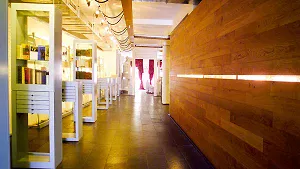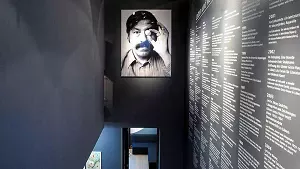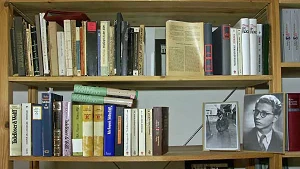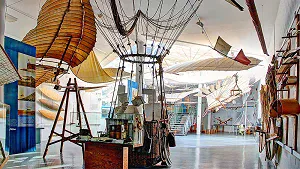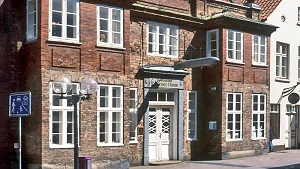Buddenbrook House in the Hanseatic city of Luebeck remembers its two great sons, the writers Heinrich (1871-1950) and Thomas Mann (1875-1955). They were raised in Mengestrasse 4, which is also the setting of the 1901-published novel "Die Buddenbrooks". Thomas Mann awarded the Nobel Prize in Literature for this remarkable piece of work in 1929.
Today Buddenbrook House is known as one of the most extraordinary museums for literatur in the
world and is the only literature project of its kind worldwide. It was created and opened on the
occasion of the Expo2000.
A huge number of pictures, film material and audio extracts provide an excellent insight into the life
and work of the Mann family.
